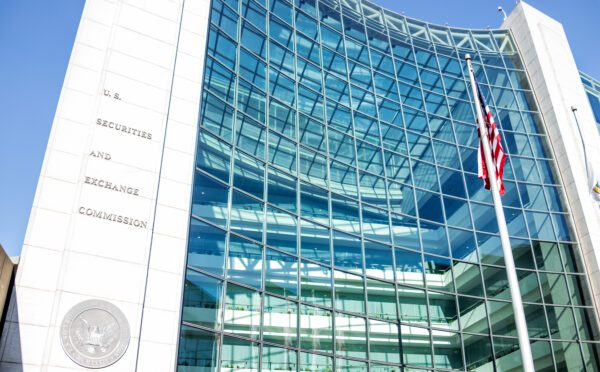Authors
Partner, Disputes, Toronto
Partner, Competition/Antitrust and Foreign Investment, Calgary
Last week the US Department of Justice (DOJ) announced the implementation of a pilot program under the US Foreign Corrupt Practices Act (FCPA). The pilot program is intended to standardize the benefits of self-reporting potential violations of the FCPA, cooperating with authorities and, where necessary, implementing appropriate remediation measures. The principle goal of the pilot program is to “promote greater accountability for individuals and companies that engage in corporate crime”.
The pilot program supplements the DOJ’s recent improved enforcement efforts which include an increase in the Fraud Section’s FCPA prosecution unit by more than 50%, the establishment of three new FBI squads dedicated to FCPA enforcement, and the strengthening of relationships with foreign enforcement authorities. The pilot program also reinforces the DOJ’s September 2015 memorandum which provides guidance to prosecutors on how to treat individuals and assess their culpability in investigations of criminal and civil corporate misconduct (for further information on this memorandum refer to our Post and Update).
As discussed previously (see for example RCMP closes Nordion foreign bribery investigation and U.S. SEC Continues to Crack Down on Corruption in China) Canada’s anti-foreign corruption regime has a limited track record and history. While Canada is unique in certain respects – for example Canada does not provide for deferred prosecution agreements nor does it have a central non-police agency overseeing foreign corruption investigation and enforcement – approaches taken in other major jurisdictions such as the United States and the United Kingdom are likely to be significant considerations for enforcement within Canada. In addition, the pilot program is directly relevant to many Canadian companies that, in addition to being subject to Canada’s Corruption of Foreign Public Officials Act, are also required to comply with the FCPA due to their securities being traded on a U.S. stock exchange or otherwise having a presence in the United States.
The pilot program provides that a company that reports potential FCPA violations early and cooperates with enforcement authorities will receive up to a 50% reduction off the bottom end of the US Sentencing Guidelines fine range. In addition, if the company has, at the time of resolution, established an effective compliance program, it may not be required to hire an independent monitor. Where appropriate the DOJ will also consider a declination of prosecution, taking into account countervailing interests including the seriousness of the offence (e.g., the extent to which management was involved in the violation, whether the company has a history of non-compliance, etc.).
The requirements of the pilot program are as follows:
- Voluntary self-disclosure must occur within a reasonably prompt time after becoming aware of the offence, and must be prior to an imminent threat of disclosure or government investigation. The company must disclose all relevant facts known to it, including facts about individual involvement.
- Full cooperation is mandatory and includes, among other things: disclosure on a timely basis of all relevant facts; proactive rather than reactive cooperation; preservation, collection and disclosure of relevant documents; provision of timely updates on the status of the company’s internal investigation; and production of relevant individuals for interviews upon request. The Fraud Section will assess the scope, quantity, quality and timing of cooperation on a case by case basis. Eligibility for full cooperation does not require companies to waive attorney-client privilege.
- Timely and appropriate remediation is required, but is not enough if a company has not cooperated with the authorities. In order to receive credit for remediation, a company will generally be required to:
a) implement an effective compliance program which includes among other things the establishment of a culture of compliance, the dedication of sufficient compliance resources, the appointment of adequate compliance personnel who operate independently, the development of a tailored compliance program to address the specific risks faced by the company, and the completion of audits to ensure the program is effective;
b) undertake appropriate discipline of employees, including those responsible for overseeing the individuals involved in the misconduct; and
c) any other steps that may be taken that demonstrate recognition of the seriousness of the misconduct, acceptance of responsibility for it, and the implementation of measures to reduce the risk of repetition and identify future risks.
In addition, a company will be required to disgorge all profits from the misconduct.
The pilot program will be in effect for one year, at which point the Fraud Section will determine whether its duration will be extended and if so, whether any modifications are required.
For further information regarding the DOJ’s pilot program or how to implement an anti-corruption compliance program, contact a member of Osler’s Anti-Corruption Practice Group.

